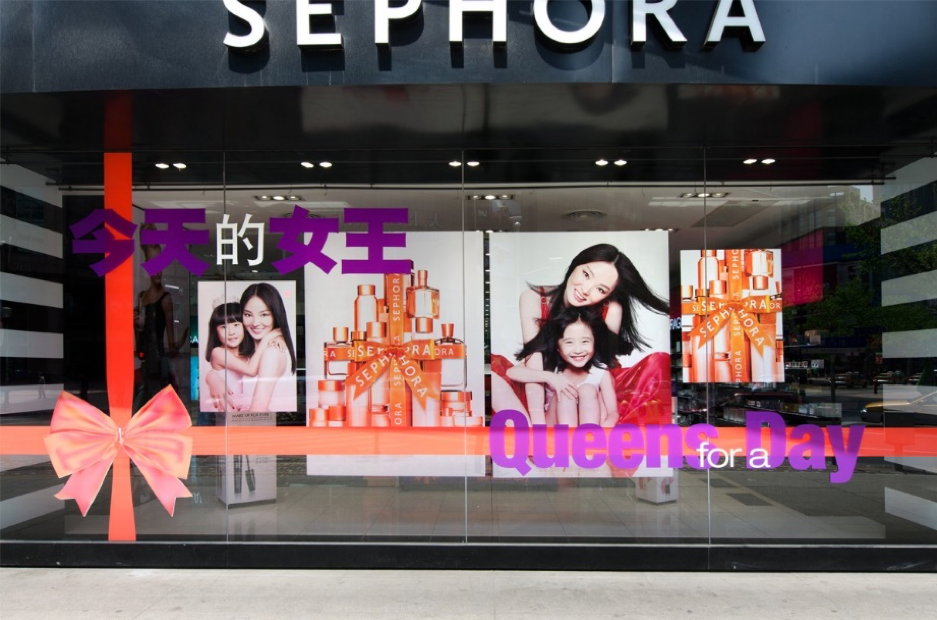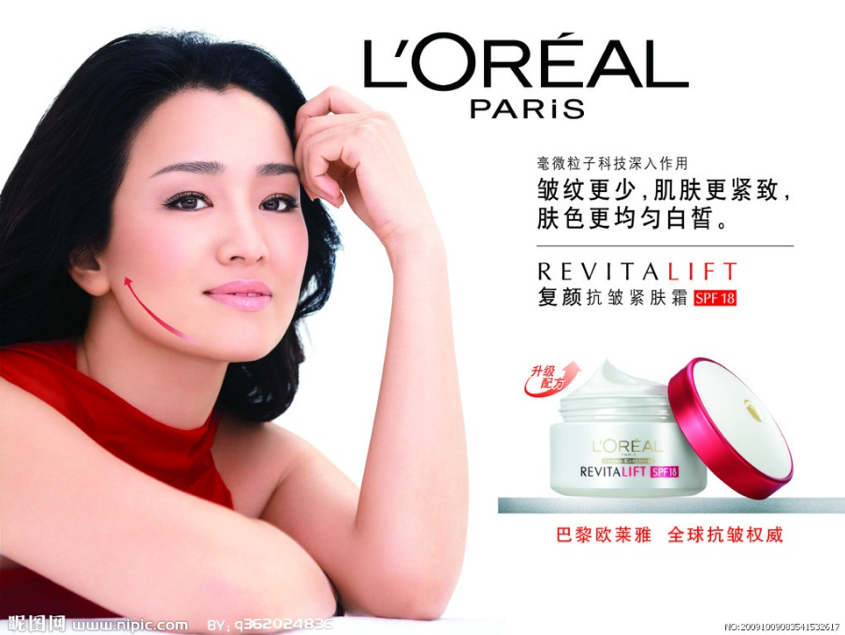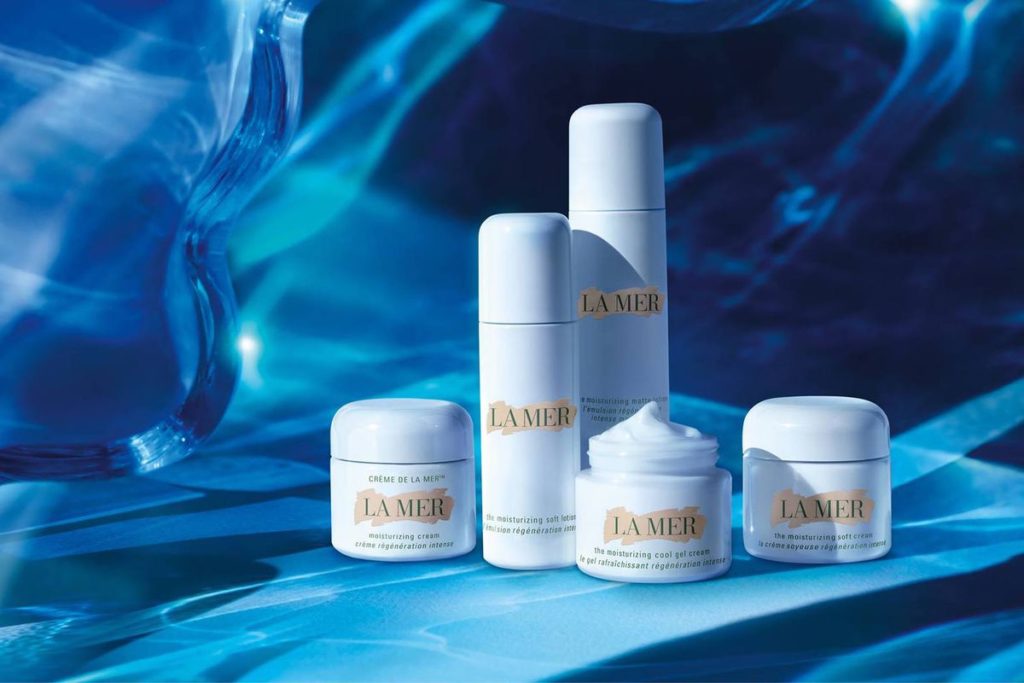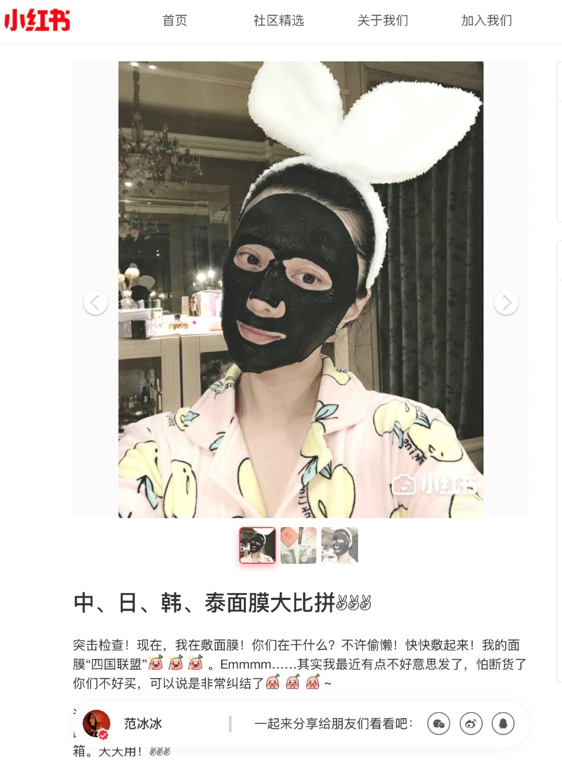Since February 2019, any cosmetic product that will use the words “medical cosmetics” and “medical care product” on its packaging or advertising campaigns will now be considered as illegal in China.
In 2018 the beauty market in China was worth over USD 26 Billion
The new regulation of the China Food and Drug Administration (CFDA) will have an inevitable impact on one of the most buoyant markets in China: cosmetics and beauty products. (source)
The cosmetics market in China
The medical cosmetics market reached 62.5 billion RMB in 2017, for an annual growth rate of 20% (significantly higher than cosmetics sales worldwide, below 10%). Unlike the rest of the world, where skincare represents less than 30% of the cosmetics and beauty products market, China’s share of this segment is 40%. Cosmetics are distributed in China via supermarkets, hypermarkets, department stores, specialty shops, and the Internet. The future is bright for China’s cosmetics sector, not only because of strong sales growth but also because new products will be created for women as well as for men.
Read as well: China Cosmetics Market
The impact of this law
Due to its growing popularity in Asia, Cosmeceutical products (dermo-cosmetic products developed by professionals, dermatologists, or aesthetic doctors to extend and optimize medical care through active ingredients integrated formulas) are popular in China because of their dual function: beauty and pharmaceutical functions such as Skin Spot treatments, skin lightening, acne treatment. Seven French brands such as Vichy, Avene, La Roche Posay, Uriage, Cetaphil, Caudalie, and Bioderma appear in the top 10 favorite brands of Chinese consumers.

The reaction of e-commerce platforms
Chinese e-commerce platforms, which represent $32.9 billion in sales, or 25% of the cosmetics market in China, reacted very quickly to this law:-
- Taobao published a notice telling sellers that they would block research on medical cosmetics on their site.
- Other ecommerce sites in China have done the same, such as NetEase and Vip.com.
Searches with these keywords no longer yield results.
The reactions of the brands
The market-leading cosmetics brands such as Vichy and La Roche Posay have also very quickly removed the medical terms from their official websites, as reported by some Chinese media sites.
Other brands should quickly adapt to this law if they want to continue in the Chinese market, by changing their communication policies in China: about their packaging and advertising.

The scandal of the brand La Mer
This law comes at a time when the new generation is more and more interested in fashion and these new cosmetics products whose advice from key opinion leaders encourages consumption. One blogger claims to have observed a tendency to use and recommend post-surgical products that would normally be prescribed by dermatologists. And while false advertising and harmful ingredients are causing concern among Chinese consumers, it is especially with bloggers that they will look for information on these products.

In addition to informing, these bloggers also warn against fake advertisements as is the case of the famous influencer specializing in beauty products: Hao Yu. She recently sued the famous cosmetics brand La Mer after having exaggerated the benefits of one of these products to these Chinese consumers.
While a brand cream had “soothing and transformative” effects for these American and French consumers, it was able to “restore the skin after an accidental injury” for its Chinese consumers. This revelation has angered Chinese consumers on social networks that asked for apologies and the removal of advertisements for these cosmetics.

According to Dao Nguyen, founder of the creative strategy agency Essenzia, “it will lead to greater changes in the industry and protect young consumers” on the effect of the regulation he says the new law will change the words used by brands but it should not change their way of marketing their products.
Given this demand and despite the new regulations, the cosmetics sector in China still has a lot of growth potential.
Now brands will have to adapt their communication policies to the needs of Chinese consumers while ensuring that false advertising and medical terms used to market cosmetics are avoided.
Marketing cosmetics in China
To market products of beauty and hygiene in China, it is necessary to adapt its communication policy to the specificities of the Chinese clientele. This undeniably happens through the use of Chinese social networks which have many users and represent a channel of distribution more and more used by the Chinese people.
Thanks to Alipay and WeChat Pay, online payments are facilitated, making them accessible to all, and access to the opinions of other users contributes to the promotion of products. This is without counting the essential partnerships with Chinese influencers followed by millions of Chinese who trust and admire them.
Read also Market Cosmetics Brands in China
The web has a huge influence on the Chinese people
90% of Chinese girls do some research on the web before buying cosmetics. E-commerce websites such as T-Mall and JD are the main navigation channels between different brands and offers, while social media also play a vital role in brand awareness and help consumers develop their product and brand knowledge.
Tmall / Taobao / JD: These platforms represent a rich and detailed source of information on products.
WEIBO: the number one digital platform for beauty KOL, the cosmetic blogger. A great place to start building your community in China.
BAIDU: The Chinese search engine, very effective in cosmetics, care, and beauty products.
WeChat: The favorite means of communication of Chinese people who are very influenced by their friends. There is also the possibility to create WeChat groups where tips and product ideas are shared. These groups can be followed by a large number of people.
The Little Red Book: This platform is perfect for international cosmetics and beauty products. Users can exchange their opinions with pictures and videos supporting the products with the possibility of purchasing them directly on the site. The app is both a personal and exchange area and a store.
For more information
If you would like more information about cosmetics in China or help promote these products in the Chinese market, Gentlemen Marketing Agency is a Shanghai-based digital agency that helps foreign brands set up in China.

GMA brings digital solutions to reach Chinese consumers who are very interested in foreign products that they buy mostly from online shopping platforms.
With our perfect mastery of digital communication tools in China, our team is up to date on all the latest marketing trends and uses the most effective digital tools to promote your business in China.
Have a look at our services here or feel free to read our previous article on the same topic:


2 comments
nouar
Things can change so fast in China that brands should always be aware of what they do and where they are going to.
Regulations also change a lot and can be reinforced or softened, but it doesn’t matter: any brand should adapt to it.
Reacting fast and efficiently is key when operating in China, as for the outbreak for example. Some brands reacted very fast while some others waited and still wait for it to end.